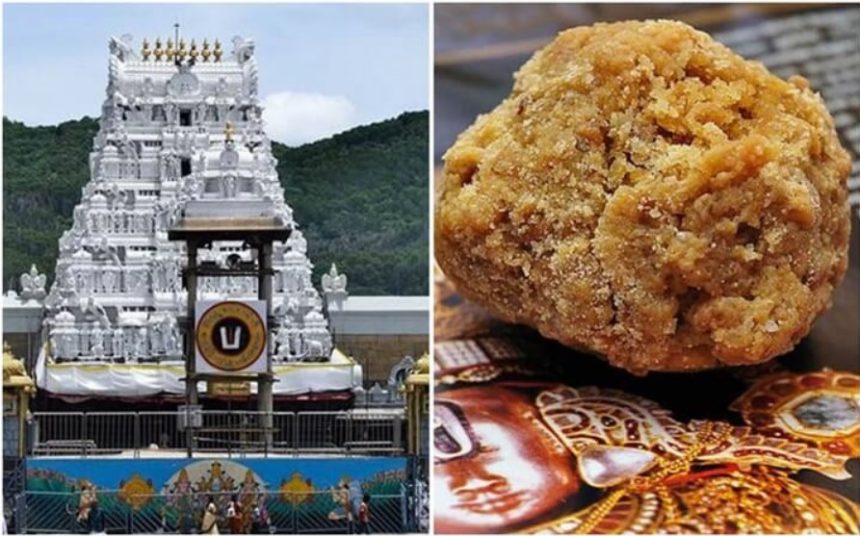The Tirupati laddu, an iconic sacred offering at the Tirumala Venkateswara Temple, has recently been deeply controversial. Allegations have surfaced claiming that animal fats, including beef tallow and lard, were used in the preparation of the laddus instead of the traditional ghee. These claims have ignited outrage among devotees, as the consumption of beef and other meats is prohibited in Hinduism due to religious beliefs.
The controversy began when a laboratory report from Gujarat, presented by the Telugu Desam Party (TDP), alleged the presence of animal fats and fish oil in the ghee used for making the laddus. Andhra Pradesh Chief Minister N Chandrababu Naidu has accused the previous YSR Congress Party (YSRCP) government, led by Jagan Mohan Reddy, of compromising the sanctity of the temple’s offerings. He claimed that the current government is taking steps to restore and safeguard the temple’s traditions.
The Tirupati Laddu holds immense cultural and religious significance, with its history dating back over 300 years. The Tirumala Tirupati Devasthanam (TTD), the temple’s governing body, has exclusive rights to produce and distribute the laddu, which even has a Geographical Indication (GI) tag. Devotees regard the laddu as more than a mere sweet; it is a divine blessing offered by Lord Venkateswara. The recent controversy has, therefore, deeply hurt religious sentiments.
This issue has sparked a political blame game between the TDP and YSRCP, with the former calling for an investigation and stricter measures to protect the temple’s sanctity. As the controversy unfolds, many hope for a resolution that upholds the purity of the Tirumala temple’s offerings and restores the faith of millions of devotees.

















